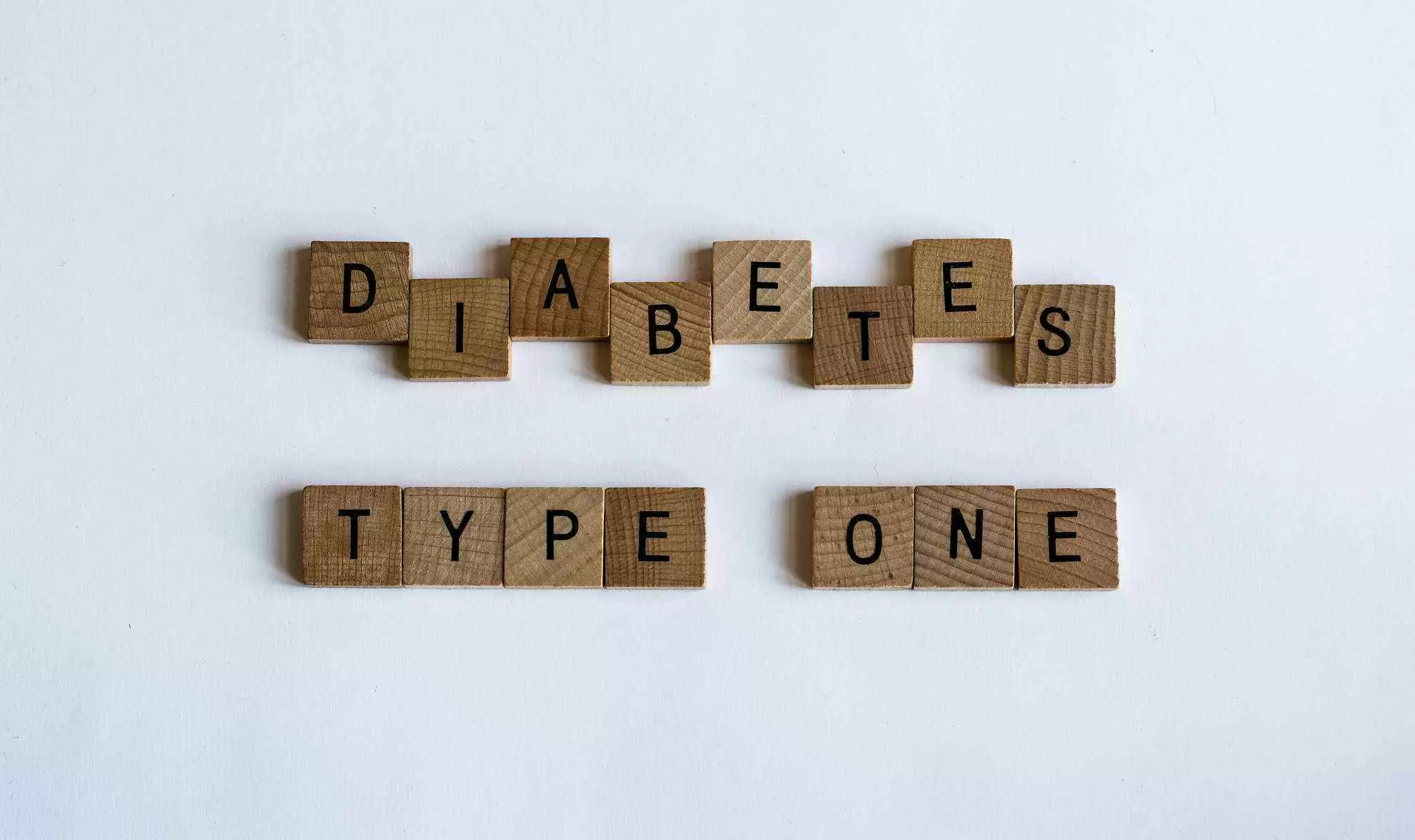
Celiac.com 02/05/2021 - Recently, a team of doctors in the Czech Republic conducted a study of the inflammatory action of wheat gluten, and its relation to chronic diseases.
Even with all of the research that has been conducted, many of the causes and mechanisms behind inflammatory and autoimmune diseases remain shrouded in mystery. Doctors just don't know what causes most autoimmune diseases or how they actually work. It is assumed that some sort of a breakdown occurs in the innate and adaptive immune system that regulates the body's mucous.
Celiac.com Sponsor (A12):
On one level this makes a great deal of sense. Epithelial cells make up our skin and the linings of our respiratory, digestive and uro-genital tracts. From the moment we're born, our epithelial cells are coming into contact with the substances from the outside world. Our skin is regularly bombarded by germs, bacteria, and other foreign substances. Just the simple act of breathing brings dirt, germs, bacteria and other foreign substances into contact with the epithelial cells that line our lungs. Eating and drinking brings dirt, germs and bacteria into contact with the epithelial cells that line the digestive and uro-genital tracts.
It is the job of our mucous layers, and the mucous they generate, to protect our epithelial cells that line our respiratory, digestive and uro-genital tracts. When the mucous layer fails, the immune system can be stressed. When the immune system breaks down or over-reacts, autoimmune ailments can result. Unlike the multiple layers of epithelial cells that form the protective layers of our skin, just a single layer of epithelial cells protects our uro-genital, respiratory and digestive tracts.
Many people are surprised to learn that the surface area of human skin averages just two square meters in size, while of the lining of the respiratory, digestive and uro-genital tracts average about 300 square meters. Again, these surfaces are mostly covered with just a single layer of epithelial cells, yet to fend off the millions of micro-organisms that regularly bombard them they must be able to tell the bad from the good microorganisms and to keep the bad ones from crossing the epithelial barrier.
Unlike other food proteins, the group of proteins in wheat, known as gliadin, has the ability to cause immune cells to produce cytokines. Cytokines are proteins and peptides that function as signaling compounds. Simply put, they tell other cells what to do.
Inflammatory Activity of Gluten in Chronic Disease
In the case of celiac disease, the presence of wheat protein activates immune cells to produce cytokines that tell the cells lining the intestine to become inflamed as a means of protecting the body against what it sees as a foreign invader.
In the skin, mucosa, and lymphoid tissues there is a highly specialized kind of white blood cell called a dendritic cell. The role of dendritic cells is to initiate a primary immune response by activating lymphocytes and secreting cytokines.
Research has shown that when these dendritic cells are exposed to wheat gliadin, they cause the body to increase the production of cytokines, which in turn triggers inflammation of the mucosal layer. This pattern of activity seems to play an important part in celiac disease.
As stated earlier, this thin epithelial layer is all that protects the body from invasion by harmful intruders. It is also a place where nutrient exchange occurs. In the respiratory tract, oxygen is exchanged. In the digestive tract, nutrients are absorbed. In fact, for nutrients to be absorbed, it is necessary for there to be a degree of permeability in these cell linings.
If they kept everything out, we'd die of malnutrition, or maybe thirst. If they let everything in, we'd likely die of one disease or another. So, the body keeps up a delicate balancing act here. In fact, the body has developed a highly sophisticated system of mechanical and chemical mechanisms whose job it is to protect this single layer of epithelial cells by identifying, degrading and removing intruders, while identifying and permitting beneficial items like nutrients to pass freely into the body for processing.
In healthy folks, this process works very smoothly. The bad stuff is broken down and cleaned out, while the good stuff is permitted to cross the barrier and to carry the proper nutrients to our bodies.
Once we leave the sterile environment of the womb, billions of different bacteria begin to colonize most of our mucosal and skin surfaces. Whether a person is healthy or not, the number of foreign bacterial cells living on and in our bodies far outnumber the cells we have when we are born.
Most of these bacteria are beneficial, with the most beneficial bacteria residing in the gut. In fact, there are so many different kinds, with such high levels of specificity, that scientists haven't yet been able to cultivate all of them. These beneficial bacteria in the gut play an important role in immunity, metabolism, and other activities.
Gluten's Connection to Various Chronic Diseases
A wide range of inflammatory and autoimmune diseases are associated with celiac disease and untreated celiac patients, including a higher risk of complications from anemia, infertility, osteoporosis, and gastrointestinal cancer. Many other disorders are associated with celiac disease, including endocrine diseases like type 1 diabetes, thyroiditis, connective tissue diseases, liver diseases, and Down syndrome, along with nervous system disorders like epilepsy, ataxia, and peripheral neuropathy. One of the strongest associations with celiac disease is autoimmune diabetes. We now know that 5-10% of diabetic patients have celiac disease, a rate more than 5 to 10 times that of the general population. Almost all of these patients improve on a gluten-free diet.
It's unclear why a gluten-free diet might produce improvement in some of these people with these conditions, but one prominent hypothesis is that a percentage of folks with those conditions have compromised gut barriers that somehow permit undigested gluten that provokes an immune response.
An interesting side-note here is that mainstream researchers have recently begun to admit that diabetes, which was previously thought to be "exclusively" endocrine in nature, and heart disease, which was thought to be "purely" circulatory in nature, are both characterized by an inflammation component. In other words, inflammation of tissue, and therefore, of cells, plays an important part in both diseases. Similarly, celiac disease, which was thought to be largely gastrointestinal in nature, is increasingly showing connections to a wide range of disorders that affect nearly every major organ in the body.
Strangely, or perhaps not so strangely in light of this recent evidence, a gluten-free diet seems to have a beneficial effect on a number of chronic diseases in people who are entirely free of celiac disease.
Some patients with psoriasis and urticaria, for example, have shown improvement with a gluten-free diet, as have some patients with cryptogenic ataxia and peripheral neuropathy.
A number of schizophrenics have shown a reduction of symptoms on a gluten-free diet.
Also, a number of people with rheumatoid arthritis who observe a vegan, gluten-free diet have reported improvement in their condition.
Animal models have proven to be helpful in better understanding many different diseases and to help create new and more effective treatments.
There's a whole specialized area of biology called "Gnotobiology." These people specialize in working in germ-free conditions. Gnotobiologists have developed strains of animals that are reared in germ-free environments.
Imagine if you had never been exposed to any of the harmful or beneficial bacteria that colonize the human body once it leaves the sterile environment of the womb. You would make a great guinea pig for better understanding how disease might work.
Like people, once rats are born, they undergo a profound change. Intestinal microflora have a major effect on their mucosal immune system. One of the benefits of using gnotobiotic animal models is that researchers can separate the effects of microflora and dietary antigens.
Since scientists know that applying wheat-gliadin to the gastro-intestinal tracts of conventionally raised rats of the AVN strain beginning shortly after birth results in pronounced jejunal changes, that is, celiac-associated lesions, it's beneficial if they can have a "clean" group of rats to test and compare against the conventionally raised rat group to see if there's some kinds of microflora that might provide some protection against celiac disease.
One of the things that the research team discovered is that breastfeeding seemed to be profoundly protective against the adverse effects of wheat gluten.
The research team actually looked at rat pups in which they had induced enteropathy to compare those given breast milk to those handfed on formula. Among other things, they found that rats that were suckled never showed flat mucosa so characteristic of celiac damage when exposed to wheat-gliadin.
Its unclear exactly why this is, though breast milk has so many beneficial elements to it, that it's hard to imagine it not being responsible for a great deal of immune-related development in general. Rat breast milk in particular imparts epidermal growth factor (EGF), which seems to play an important part in of the rat's jejunal cells.
The research team also studied the effects of gliadin in a model system. In fact, the team was able to take a close look at the effects of gluten on cells within the stomach cavities of mice.
In one test, a group of rats received epidermal growth factor via breast milk, while another group received straight formula with no EGF. Both were treated with wheat-gliadin. Rats without EGF showed villous atrophy, while those receiving breast milk, and thus, EGF, were protected against pathological mucosal changes and also against celiac-associated damage.
Basically, it all boils down to several things:
First, it looks very much like the way is paved for the development of celiac disease by the innate immune system when the presence of gliadin promotes functional and phenotypic maturing in dendritic white blood cells, which then leads to the gliadin peptides being presented to certain T lymphocytes, which then trigger the associated inflammation and resulting damage.
The research team concluded that it does, indeed, seem to be the unique structure of gluten and its fragments that provokes the response from the mechanisms of innate immunity. In predisposed individuals, gluten seems to more readily activate an immune response than other proteins like soy protein and egg protein.
Breastfeeding seems to offer some protection against gluten intolerance and associated damage.
In many cases, a gluten-free diet brings about improvement in chronic inflammatory and autoimmune diseases.
Celiac disease is just one of many inflammatory and autoimmune diseases to be associated with the intestinal damage arising from chronic exposure to gluten in gluten-intolerant individuals. Also, many inflammatory and autoimmune diseases show improvement once gluten is excluded from the diet.
Reference:
- Published In "Inflammation and Infection. The Golden Triangle: Food—Microflora—Host Defense". P.J. Heidt, Z. Midtvedt., V. Rusch, D. van der Waaij (Eds.) Old Herborn University Seminar Monography, 2007









Recommended Comments
There are no comments to display.
Create an account or sign in to comment
You need to be a member in order to leave a comment
Create an account
Sign up for a new account in our community. It's easy!
Register a new accountSign in
Already have an account? Sign in here.
Sign In Now